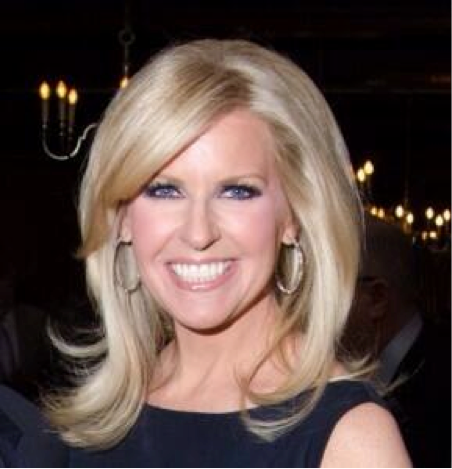

In the wake of her appointment as the senior director of strategic communications for the National Security Council under Donald Trump, Monica Crowley is facing accusations of extensive plagiarism in a her 2012 book, What the (Bleep) Just Happened, CNN reported this weekend. The former news commentator left her post last month at Fox News to join Trump’s team.
Harper Colllins’ Tina Andreadis told iMediaEthics by e-mail, “We have no comment at this time. We are looking into the matter.”
According to Politico, Crowley’s contract with Fox News and her role as a columnist and online opinion editor at The Washington Times ended when it was announced she would be appointed to the National Security Council. iMediaEthics has contacted The Washington Times to ask if it is reviewing her work during her time with the publication and has reached out to Crowley via Twitter and her website.
CNN’s Andrew Kaczynski reported that he “found upwards of 50 examples of plagiarism from numerous sources, including the copying with minor changes of news articles, other columnists, think tanks, and Wikipedia.” Kaczynski noted:
“Sections of her book are repeatedly lifted from articles by National Review author Andrew C. McCarthy, who is a friend of Crowley’s. Lines in her book also match word-for-word the work of other columnists, including National Review’s Rich Lowry, Michelle Malkin, conservative economist Stephen Moore, Karl Rove, and Ramesh Ponnuru of Bloomberg View.
“Crowley also lifted word-for-word phrases from the Associated Press, the New York Times, Politico, the Wall Street Journal, the New York Post, the BBC, and Yahoo News.”
Trump’s transition spokesperson claimed that “any attempt to discredit Monica is nothing more than a politically motivated attack,” but CNN had the goods and provided in its report side-by-side examples of the plagiarism. CNN’s article included several dozen screen-shotted excerpts of side-by-side examples of Crowley’s work versus the original publication.
Further, CNN noted that her Wall Street Journal column in 1999 resembled an article from Commentary a decade earlier. The Wall Street Journal said it “would not have published the article” if it was aware of the “striking similarities in phraseology.”
